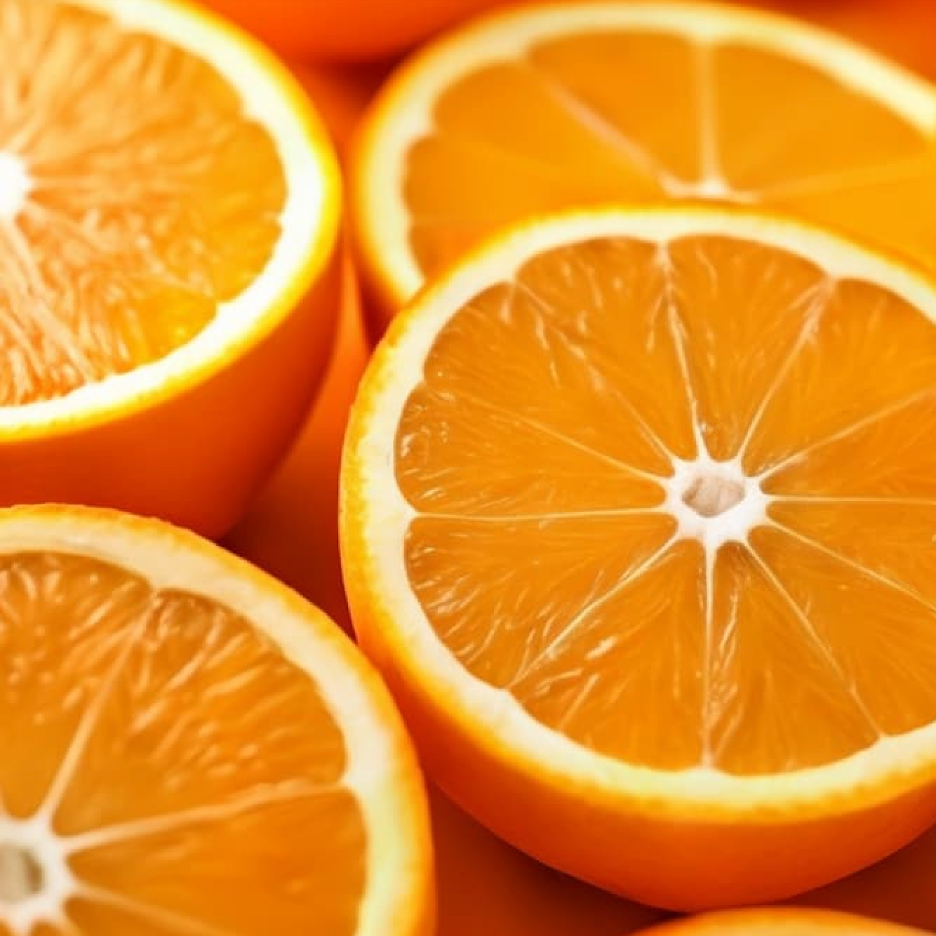Can Vitamin C Help Prevent Gout?
Higher dietary intake of vitamin C is linked to a lower risk of developing gout, but vitamin C supplements do not show the same benefit.
By
Lana Pine
| Published on October 9, 2024
4 min read
Credit: Adobe Stock/vivekFx

Higher dietary intake of vitamin C is inversely associated with gout and hyperuricemia, suggesting that increased vitamin C consumption may reduce the risk of developing gout. However, vitamin C supplementation did not show a significant association with gout.
Recent research has focused on the role of micronutrients, including vitamin C, for the management and prevention of gout flares and hyperuricemia. Vitamin C may be a particularly viable candidate as the antioxidant has been shown to reduce oxidative stress and scavenge free radicals. By reducing the rate of purine metabolism, which is linked to total uric acid, vitamin C can reduce uric acid production. The antioxidant may also be able to improve kidney function, increase the glomerular filtration rate and inhibit urate-induced inflammation.
“Currently, evidence regarding the association between dietary vitamin C levels and gout is insufficient,” wrote a team of investigators from the Department of Rheumatology and Immunology at the Peking University International Hospital in Beijing, China. “Given the potential link between dietary vitamin C and gout, we hypothesized that dietary vitamin C exerts a protective effect against gout development.”
To determine the relationship between dietary vitamin C intake and gout, investigators analyzed data from adults (aged >20 years) who participated in the National Health and Nutrition Examination Survey (NHANES) between 2013 and 2018. Information on demographics, health assessments, gout details and laboratory results from tests taken at a mobile examination center was collected. Vitamin C intake was measured using a 24-hour dietary recall.
Patients were categorized by dietary vitamin C intake quartiles:
- Q1: ≤19.9 mg/day
- Q2: 19.9 – 49.7 mg/day
- Q3: 49.7 – 110.375 mg/day
- Q4: ≥110.375 mg/day
A total of 12,589 individuals were identified, with 5% diagnosed with gout. The average age of participants was 49.9 years and 59.7% were either married or living with a partner, with higher proportions in Q3 and Q4. The percentage of White patients decreased from 44.4% in Q1 to 35.5% in Q4, while the percentage of Mexican Americans increased from 12.1% to 15.3%. Significantly higher education and family income levels were observed in Q4 compared with Q1.
Compared to people with low vitamin C intake (Q1 group), those with higher vitamin C intake (Q2, Q3 and Q4 groups) had a lower chance of developing gout. The odds of gout decreased as vitamin C intake increased, with the highest group (Q4) having a 23% lower risk compared to the lowest group (Q1). The study found that this relationship between vitamin C intake and gout followed an L-shaped pattern.
Additionally, results revealed that vitamin C was also linked to lower levels of uric acid in the blood (hyperuricemia), which is a major cause of gout. However, taking vitamin C supplements did not show the same protective effect, which aligns with previous research.
Men and women had significantly different responses to vitamin C intake in terms of their gout risk. Investigators believe these results indicate a need for tailored interventions for populations most at-risk.
Investigators mentioned the cross-sectional study design, which hindered their ability to determine causality between gout incidence and vitamin C intake, as a limitation of the study. Additionally, results may not be generalizable due to differences in cultural and dietary factors as the NHANES is only available to people living in the United States. Other limitations included the possibility of recall bias regarding vitamin C intake as well as residual confounding.

